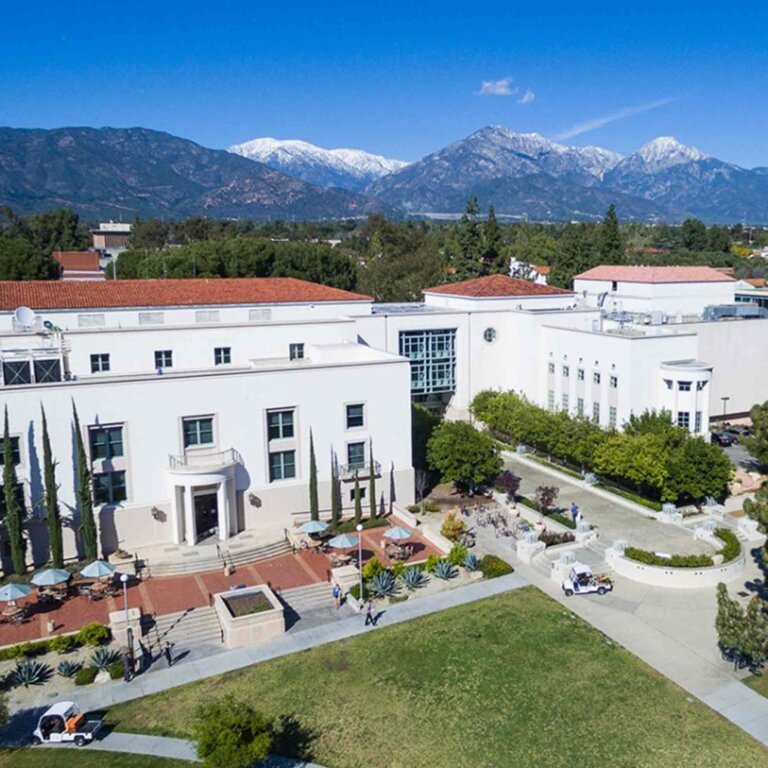Environment, Economics, and Politics
Explore 21st-century problems and opportunities of interrelated environmental, economic, and political issues
Interdisciplinary exploration & collaborative problem-solving
Preparing to Engage With Complex Global Challenges
Many of the most exciting and challenging frontiers facing humankind in coming decades will relate to the environment. Understanding and responding to environmental change is a multidisciplinary endeavor, integrating diverse fields across the social and natural sciences. The Environment, Economics, and Politics major gives our students the opportunity to build a strong background in all three fields, as well as synthesize them in understanding and addressing environmental issues.
- Develop foundational knowledge and skills in biology, chemistry, economics, and government policy
- See how different fields integrate with each other as you analyze and address environmental issues
- Gain an interdisciplinary perspective on environmental issues and management

Environment, Economics, and Politics Major Requirements
Program Overview
EEP is unusual in that it fully integrates multiple disciplines into study of the environment. Rather than selecting a specialized track, EEP majors take classes balanced across the three disciplines at both the introductory and advanced level. Many EEP alums build on the diverse skills and experiences they gain in this major to pursue careers or graduate work in environmental planning, non-profit work, policy or law.

Scripps Major Requirements
Professors Diane Thomson (Department of Natural Sciences), Nicholas Kacher (Economics), Roberto Pedace (Economics), and Vanessa Tyson (Politics) advise Scripps students interested in this major. Pitzer students may complete a degree in EEP as an off-campus major.
Environment, Economics and Politics Faculty

Student Resources
Explore
The Department of Natural Scienes is a joint effort between Pitzer and Scripps Colleges. You have the resources of both these institutions at your disposal, as well as the resources shared by all the 5Cs.

The Robert Redford Conservancy of Southern California (RRC)
The RRC at Pitzer College aims to increase socio-ecological justice and sustainability.

Bernard Biological Field Station
Located on 86 acres of natural habitat, the Bernard Biological Field Station is a hub for ecological research.

The Claremont Colleges Library
The Claremont Colleges Library houses more than three million physical and digital resources to help with your research.

SoCal Earth
The RRC’s new site, SoCalEarth.org, provides valuable climate data to students and researchers.
Frequently Asked Questions
Learn More
There are variety of career pathways for Environment, Economics, and Politics majors. Graduates can go on to careers in environmenal consulting, climate policy analysis, environmental conservation, and similar environment-focused professions.
This program is an interdisciplinary major. You’ll take courses in biological science, environmental conservation, political studies, and economics.
Yes, all Environment, Economics, and Politics majors are required to complete a research thesis their senior year that focuses on the application of interdisciplinary methods to contribute to understanding of environmental issues.



